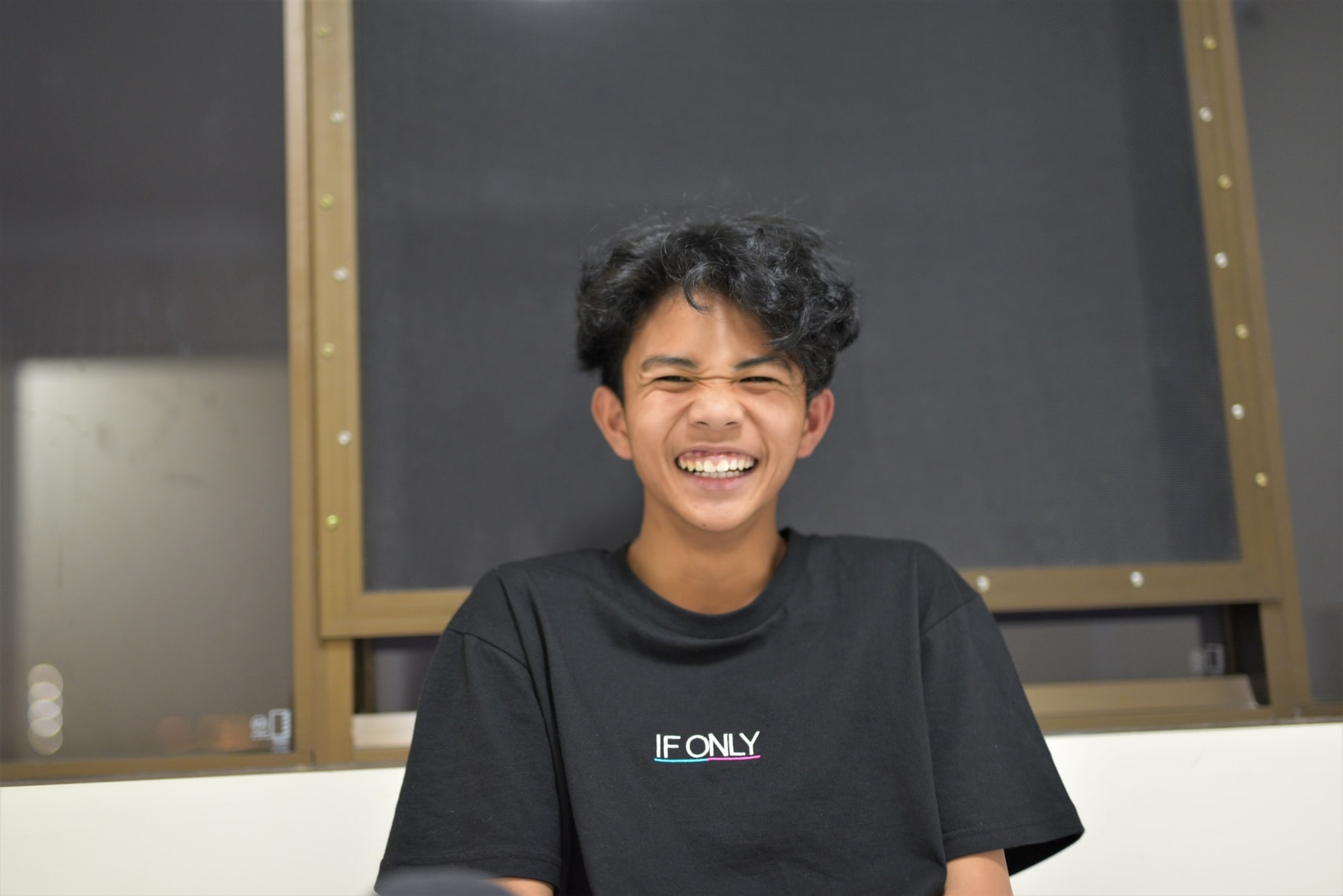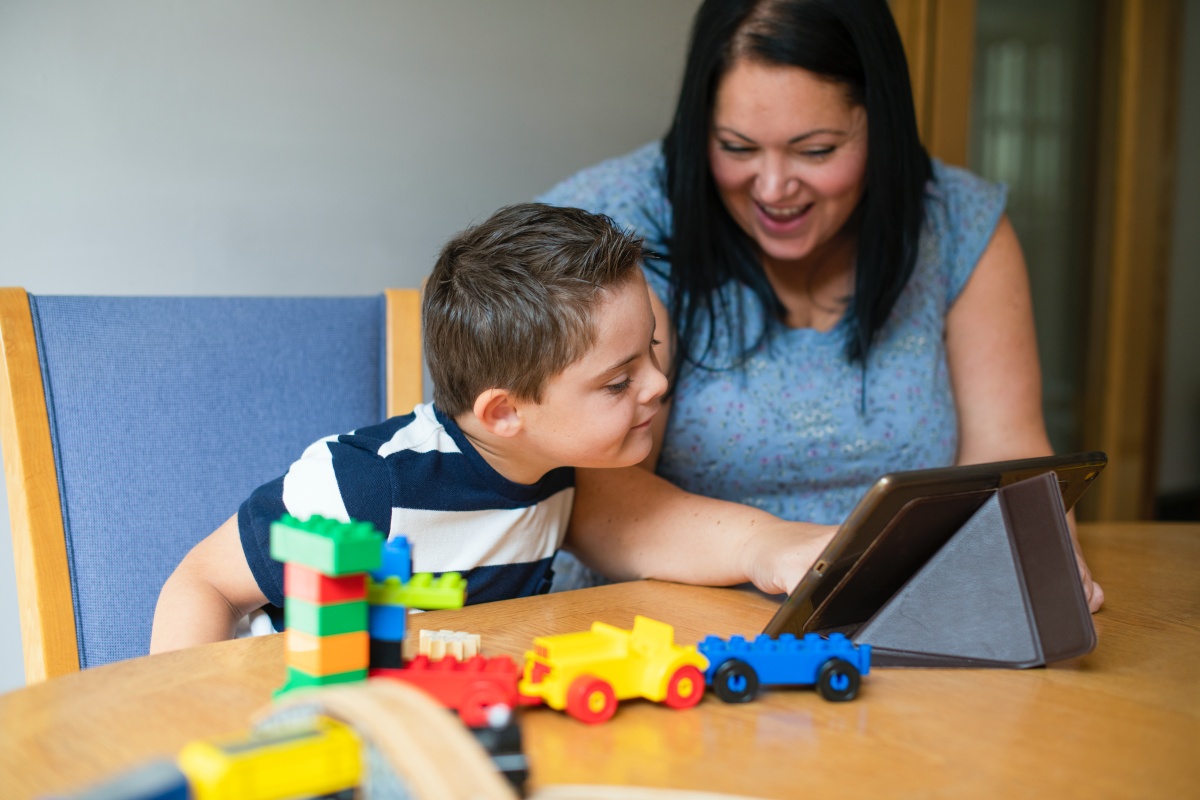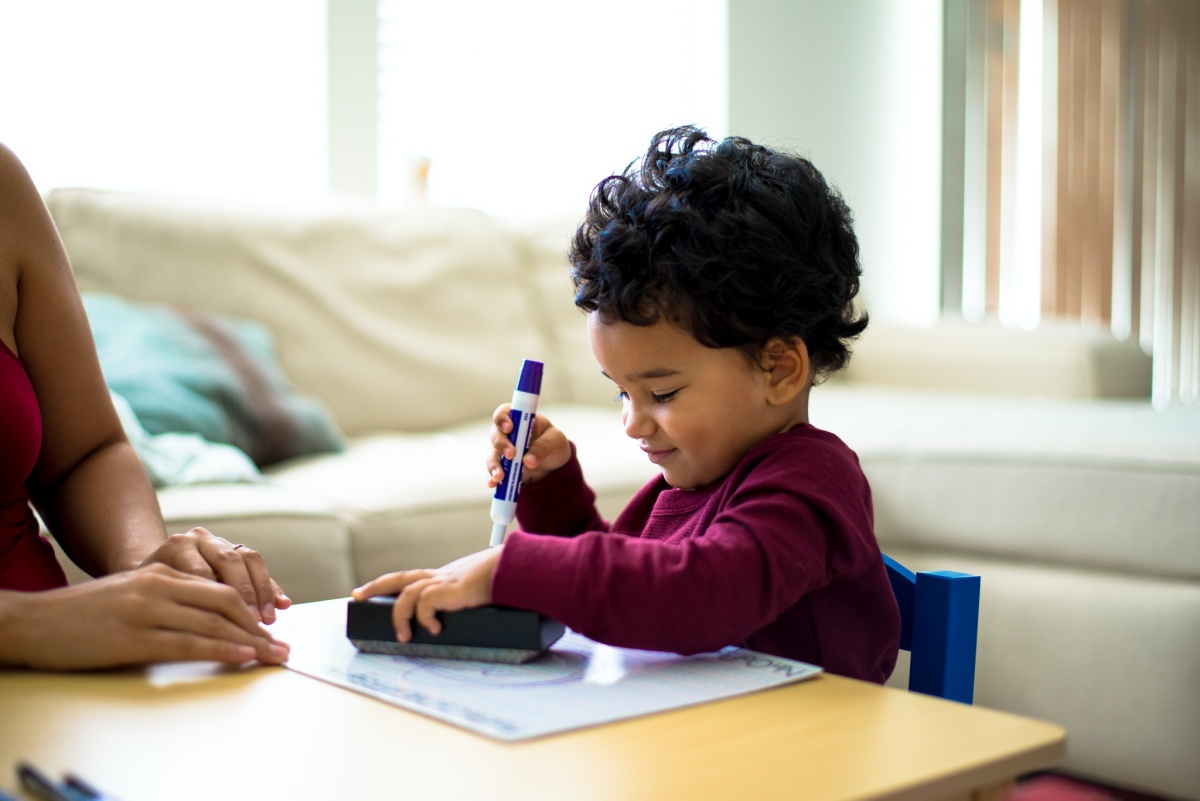
This fall, we sent our youngest daughter of three to college. You’d think I’d have this transition down by now.
I didn’t.
I cried like a baby.
At the most unexpected times.
Over obscure memories.
Parenting is not for the weak.
It’s courageous.
Gut wrenching.
Beautiful.
Death-defying.
Life-giving.
As my wife and I drove away from our daughter’s new dorm-home, we hugged.
And gave each other a fist pump.
We made it.
We did it.
Empty nest.
Add “empty nesters” to our parenting resumé.
But our new status doesn’t really mean that our parenting is over.
It’s actually a new beginning.
[Some parent-readers are gasping right now. Hang in there with me.]
It occurred to me that my tears were not just about my daughter’s transition
But about my transition as well.
I need to change.
And my daughter needs me to change.
What she needs from me is to be her dad today, not yesterday.
In my experience and our research at the Fuller Youth Institute, we’ve recognized that eighteen-plus kids launching into to work, school, military, or gap years need their parents to pivot, too.
In order to be what your eighteen-plus kid needs you to be today and going forward, consider these three crucial parenting pivots:
PIVOT 1: Come to terms with your past parenting and work on future parenting.
When our kids graduate or move out of the house, it can start to feel like we’ve run out of parenting time and chances. We wonder . . .
Did I set them up for success?
Was I too tough on them?
Too easy?
Too naïve?
In these moments, many of us try to cram too many pieces of advice into the final days and hours of their departure.
But here’s the truth:
You are an imperfect parent.
You did what you could.
You rocked it in some areas
Blew it in others.
You didn’t have enough time to do it all.
That’s not because you’re a bad parent.
It’s because you’re human.
Accept the good and bad elements of your parenting.
Ask for forgiveness where you need to.
Celebrate and forgive your past, parenting self.
You can’t go back.
But you can go forward
Have courage to try again.
Take small steps.
Here’s the great news. Research on parents’ relationships with their post high school kids suggests that it gets better! Don’t let your past parenting hold your future parenting.
Pivot from trying to make up for the past and instead start living into the kind of parent you can be for them today.
PIVOT 2: Change your language to shift your parenting role.
Out of habit, it’s interesting how parents and kids default back to old roles and patterns. Especially with our communication. Changing my parenting starts by changing how I talk with them. If I speak with them differently, the relationship will follow.
In high school, I’d ask them:
Did you get your homework done?
What are your plans for the weekend?
Who is Danny?
Are you going to church?
My questions and language demanded that they keep me updated on their responsibilities, plans, and relationships. For an eighteen-plus person trying to strike out on their own, these conversations sound odd to them. Worse, it communicates to my daughters that I’m treating them as teenagers not as emerging adults.
I’ve made that mistake.
I didn’t mean it that way.
Old habits die hard.
But after experiencing their resistance and frustration, I realized that the parent they needed, needed to talk with them differently.
So my questions pivoted to:
What are you learning these days?
How is your weekend shaping up?
Tell me what you appreciate about some of your new friends.
What’s it like to find a Christian community?
Pivot the way you talk with your eighteen-plus kids by speaking to them as the emerging adults they are becoming, not the teenagers they were.
PIVOT 3: Be interested and interesting.
What our eighteen-plus kids need from us more than anything else is to see our own progress.
Many of our parent peers express the void they feel when their eighteen-plus child moves on. We’ve spent two decades loving, worrying, and dedicating our lives to launching them and often don’t prepare for the period beyond this point.
It feels strange.
A second post-partum.
Disorienting.
It’s time to invest in your second half of life.
What will you learn, try, read?
What bad habits might you break and what healthy ones will you replace them with?
How can you reinvest in your marriage or friendships?
How might you deepen your connection with God?
This is more than a pitch for self-improvement. I’m convinced that what eighteen-plus kids need is for their parents to not only be interested in them but also interesting.
When you ask them what they’re learning, you can share your discoveries.
When you ask them what they’re doing, you can share your activities.
Some of my best conversations with my daughters stem from us exchanging books we’re reading, current issues we’re wrestling with, ideas we’re trying on, or experiences we’re trying to make sense of.
When we work to be interesting ourselves, we have a chance to engage our eighteen-plus kids as peers who are growing together. We also show them that life never stops being interesting!
Pivot from not only being interested in them to being interesting yourself.
Beginning again.
We have a lot of history with our eighteen-plus kids. We also have a lot of history yet to make. Let’s become the parents our emerging adult kids need today (and each day) by pivoting our role, our language, and our interests. This is our new beginning.

You parented your child for approximately 936 weeks from the day they were born until now. Welcome to week 937 and beyond.
Eighteen Plus is a concise guide that simplifies what you need to know about your “emerging adult.” Discover six ways your kid is changing, six things he or she needs, tips for celebrating the big moments, and critical issues to anticipate.




